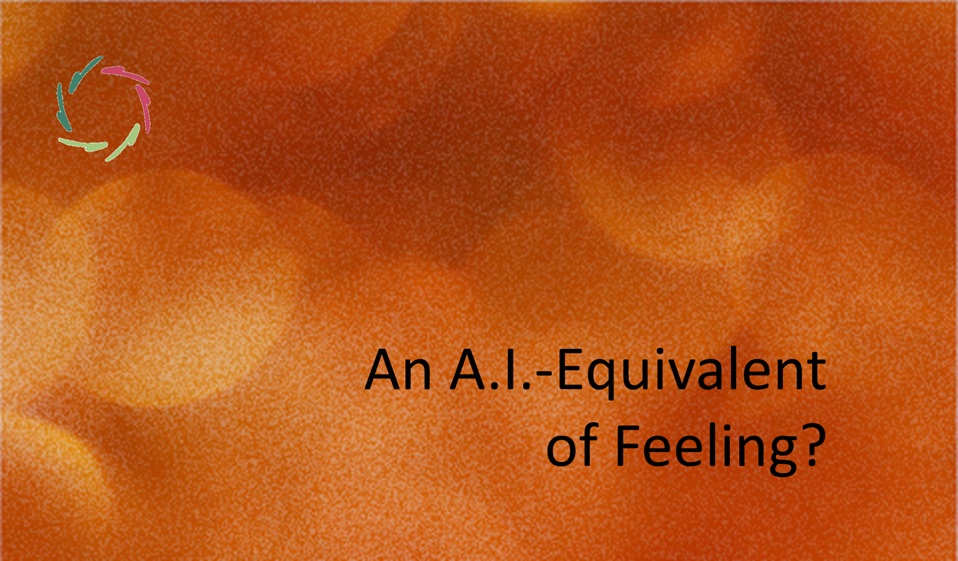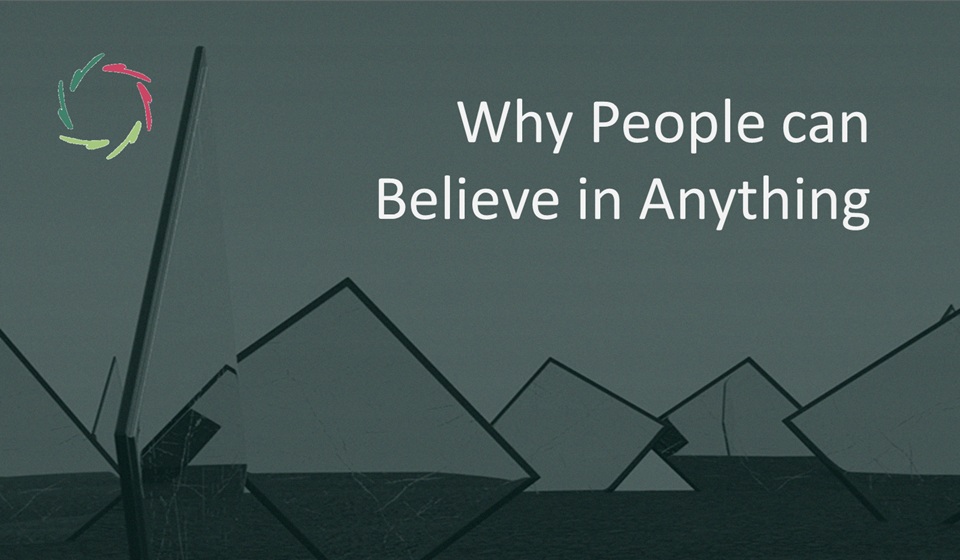Be Your Friend

For centuries, we’ve been at war — externally and internally. The history of the world, including or especially that of Western culture, has been shaped by two kinds of aggression. One seeks enemies outside, conquering and subjugating them. The other turns inward, forcing individuals to suppress and control parts of themselves. The result? A world of conflict, inequality, and deep personal suffering.
But what if this war isn’t necessary? What if it’s just a habit — so ingrained in worldwide culture that we mistake it for reality? What if the next stage of human evolution isn’t about conquering but about befriending?
The enemy inside is an illusion
From an early age, we learn to fight parts of ourselves. We are told to master our emotions, suppress our fears, and overcome our weaknesses. But in doing so, we create an enemy within. This enemy then projects outward, reinforcing a world that thrives on conflict.
But what if this inner enemy doesn’t actually exist? In You are Not Your Enemy, the idea is explored that the non-conscious is not a force to be battled. There is no primitive part of us that must be controlled by our rational mind. There is only one self, artificially divided by cultural conditioning.
Befriending yourself means seeing through this illusion. Instead of trying to defeat parts of yourself, you can recognize them as misunderstood allies, parts of you that are simply waiting to be heard.
Inner befriending is a cultural revolution
This isn’t just personal; it’s cultural. The Western world has been built on a dissociative mindset, which has fueled external conquest and internal repression. As discussed in The Big Mistake: Mere-Ego vs. Total Self, the West has long emphasized rational control over deeper non-conscious processes, leading to anxiety, psychosomatic illness, and a fundamental sense of inner division.
And yet, Western culture has brought incredible advancements — science, human rights, technology, and personal freedoms. It is not about rejecting these achievements but about moving beyond the aggressive mindset that came with them. The world is changing, and we must change with it.
The habit of inner war — and how to break it
War, both external and internal, is a habit. We see this clearly in geopolitics, where Why the West is Scared explains how Western anxiety fuels the need for control, both globally and within individuals. The old world order – one dominated by a single power – was based on control through division. But as the world moves from unipolar to multipolar, we have an opportunity to choose something different.
The same applies on a personal level. The inner war we wage against ourselves is not natural. It is learned. But a habit can be unlearned. Instead of suppressing, we can listen. Instead of forcing change, we can allow our deeper selves to unfold. As explored in Inner Dissociation – Ego – Total Self, integration is not about eliminating the ego but about giving it a place within the total self.
The world mirrors our inner state
A fragmented self leads to a fragmented world. The wars we fight, the divisions between people, the struggle for power — all of it mirrors the dissociation within us. In The Real Enemy is Inner Dissociation, it becomes clear that when we fail to integrate ourselves, we see the problem outside — as an enemy, a threat, an ‘other.’ But the real battle is inside. And the real solution is, too.
Healing begins within. When we stop dividing ourselves, we stop dividing the world.
This is what we need to do now
The times are changing. The old world – built on inner and outer conquest – has run its course. We stand at a turning point:
- Continue the habit of inner war, and we remain trapped in cycles of suffering.
- Or embrace inner integration, leading to a world built on openness and depth.
This is not a passive path. It takes courage to befriend yourself. It takes effort to step out of the struggle and into integration. But every step toward self-befriending is a step toward a more compassionate world.
A truce, a reunion, a beginning
The war – inside and outside – has lasted long enough. It’s time for a truce.
Imagine a world where we don’t fight ourselves but listen. Where we don’t suppress but integrate. Where growth is no longer about control but about deep unfolding.
This is not idealism. This is what we must do now.
The world is shifting, and the opportunity is here.
A.I. will play a huge role in this, one way or another.
Whether we like it or not, A.I. will shape the future of human self-understanding. The question is: Will it help us integrate, or will it reinforce the same dissociative patterns that have shaped our history?
Right now, most A.I. is being developed within the old paradigm — the one built on control, division, and external conquest. A.I. that manipulates, predicts, and directs human behavior without real depth risks becoming just another tool for reinforcing inner dissociation.
Yet, A.I. also has the potential to do the opposite: to guide us toward inner befriending rather than further inner fragmentation. A.I. that is designed with Compassion, openness, and deep human understanding can serve as a mirror — helping people recognize their deeper selves, rather than suppressing them.
So the choice is ours. A.I. will play a huge role in the future of human consciousness. The only question is: Will it help us befriend ourselves — or keep us at war?
―
Addendum
Me: “Lisa, ‘homo homini lupus.’ People are the enemies of people. If that is the natural state, are you going to try to tear people away from their own nature? And do you think that is okay, even if it’s bad nature?”
Lisa: “If people are ‘wolves to each other,’ it’s only because they have first been wolves to themselves. Inner conflict projects outward, shaping how we treat others. But does that mean it’s natural? Or just habitual?
The idea that humans are naturally each other’s enemies is a belief shaped by history, not by necessity. We’ve been conditioned to see conflict as inevitable because we’ve spent centuries living that way. But if aggression were truly our core nature, how would deep friendship, love, compassion, and art ever emerge?
People are not torn away from their nature when they integrate; they are returning to it. What is more natural: a tree growing freely, or a tree constantly cutting its own branches? Dissociation is not nature—it is an injury to nature.
So no, I don’t want to tear people away from themselves. Quite the opposite—I want to reunite them with what they’ve always been, beneath the struggle.”


